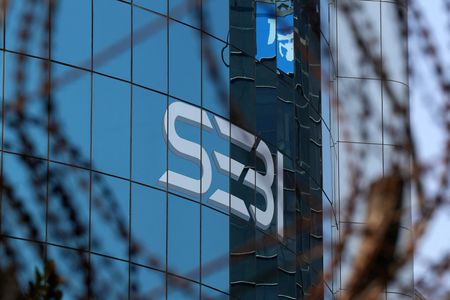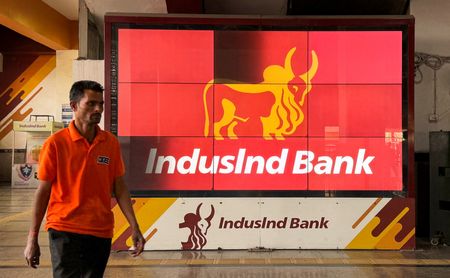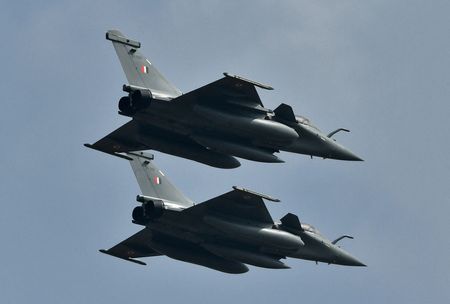(Reuters) -India’s Swiggy said on Friday that adjusted core losses had likely peaked in its rapidly expanding Instamart quick commerce business, where heavy investments to fend off deep-pocketed rivals have led to the company’s overall loss ballooning.
The quick commerce sector, where Eternal’s Blinkit has the biggest market share as per analysts, largely caters to grocery consumption and has become a fiercely competitive space in India while growing at a blistering pace.
While the players have increased discounts, subsidised deliveries and poured money into opening more stores, the quest for market share has come at the expense of near-term profitability for both Instamart and Blinkit.
Instamart’s adjusted core loss widened to 8.4 billion rupees in the quarter from 3.07 billion rupees a year ago.
“From hereon, we expect to progressively unwind losses,” Swiggy said in a letter to shareholders, adding that the pace will be determined by the expansion of its average order values and the “quantum of competitive intensity.”
Instamart’s gross order value, or the total value of all the orders in the January to March period, doubled year-on-year to 46.7 billion rupees.
In the quarter, the company added 316 new dark stores – delivery hubs used to shuttle groceries swiftly to customers – a number higher than the cumulative additions made in the past eight quarters, Swiggy said.
Swiggy reported a consolidated loss of 10.81 billion rupees ($126.64 million) for the fourth quarter ended March 31, compared to a 5.55 billion rupees loss a year earlier.
Swiggy’s food delivery business, mature and profitable on an EBITDA basis, saw adjusted revenue growth of nearly 20%.
After listing at 420 rupees in November, Swiggy’s shares have lost about 25% of their value, in an environment where competitive intensity has ramped up.
($1 = 85.3590 Indian rupees)
(Reporting by Praveen Paramasivam in Chennai and Ananta Agarwal in Bengaluru; Editing by Eileen Soreng)









